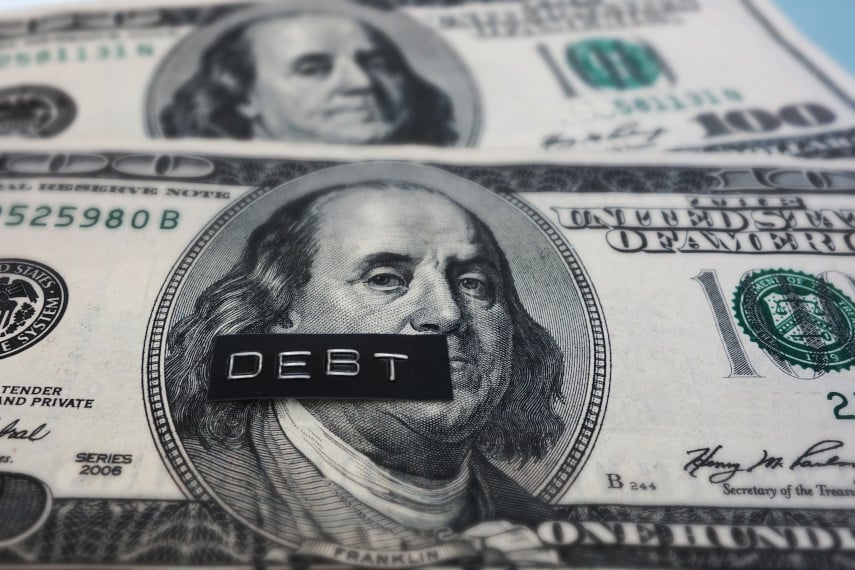
Saving for retirement can seem somewhat expensive, and when you’re in dire straits, it can be very tempting to raid your 401(k) to pay off credit card bills or pocket funds that are already in your retirement account. However, this has serious consequences on retirement income, and it’s not so good for the companies that maintain these investment vehicles, either.
Early Distributions are Allowed, but Not Always Wise
In general, the IRS allows early distributions (those made before you reach age 59½), subject to a 10 percent additional tax. Exceptions to the 10 percent penalty include death or a qualifying disability, although there is an exception for qualifying medical expenses.
Approximately 30 million people dipped into retirement funds in 2014, which means they could suffer financially later. Those who are below the age of 30 will see a long-term loss when it comes to savings, as the money will not be there to gradually build up and reinvest. Those who are nearing retirement won’t have the chance to rebuild their savings. In addition, companies rely on having a steady flow of money into the system so that they can continue to pay the existing retirement funds, so lots of early withdrawals have them concerned.
One of the more popular ways of withdrawing from a 401(k) is through a 401(k) loan, with approximately 20 percent of all eligible 401(k) accounts having an outstanding loan at year end in 2014. Loans don’t result in the 10 percent penalty unless you fail to repay them. Because 66 percent of 401(k) plans tend to be invested in stocks, taking out a loan also incurs a financial penalty, as the money is not available to invest. While this can be beneficial in the event of an extreme market downturn, in most cases, it leaves you without growing retirement funds.
Retirement Funds Shouldn’t Be Rainy Day Funds
According to FINRA, approximately half of Americans don’t have a rainy day fund: money set aside to cover expenses for at least three months. This fund helps to buffer against unexpected accidents and sudden job losses. In addition, it reduces the need to dip into retirement savings should a major medical bill present itself.
Similarly, just over a quarter of Americans used non-bank borrowing (pawn shops, auto title loans or payday loans) in 2015, which hampers their ability to save and protect their retirement funds. Perhaps not coincidentally, 21 percent of Americans have medical bills overdue, and given the uncertainty around the Affordable Care Act repeal, it’s possible that this may get worse.
How Can You Protect Your Retirement Funds?
One key is to insulate yourself from needing to dip into savings. This is sometimes easier said than done, particularly given the recent ups and downs of the economy and the lack of control people have over job security. If you do use an early disbursement to fund an emergency or other investment, such as a home purchase, engage in smart, aggressive investing to build it back up. Gold is a great way to steadily build value in your portfolio, regardless of market pressures or past withdrawals.






